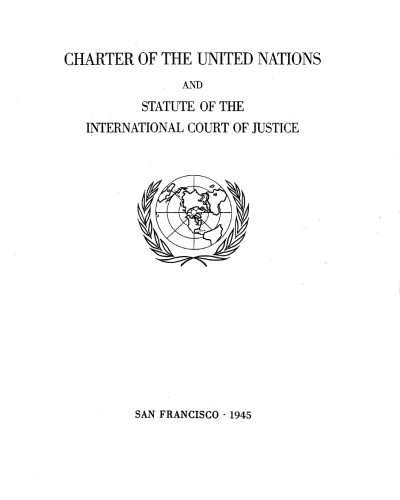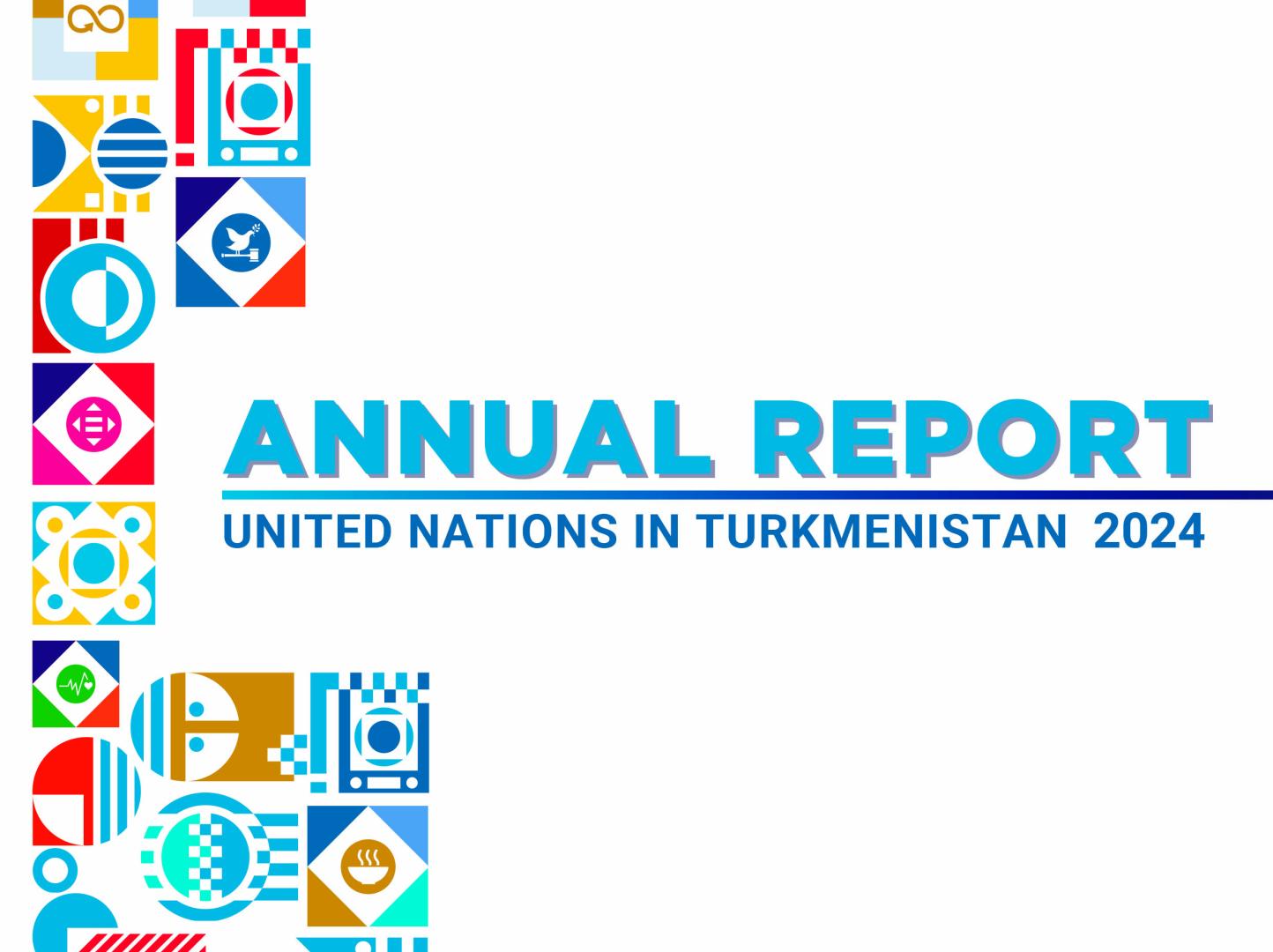United Nations Charter

The Charter of the United Nations is the founding document of the United Nations. It was signed on 26 June 1945, in San Francisco, at the conclusion of the United Nations Conference on International Organization, and came into force on 24 October 1945.
The United Nations can take action on a wide variety of issues due to its unique international character and the powers vested in its Charter, which is considered an international treaty. As such, the UN Charter is an instrument of international law, and UN Member States are bound by it. The UN Charter codifies the major principles of international relations, from sovereign equality of States to the prohibition of the use of force in international relations.
Since the UN's founding in 1945, the mission and work of the Organization have been guided by the purposes and principles contained in its founding Charter, which has been amended three times in 1963, 1965, and 1973.
The International Court of Justice, the principal judicial organ of the United Nations, functions in accordance with the Statute of the International Court of Justice, which is annexed to the UN Charter, and forms an integral part of it. (See Chapter XIV, Article 92)




















